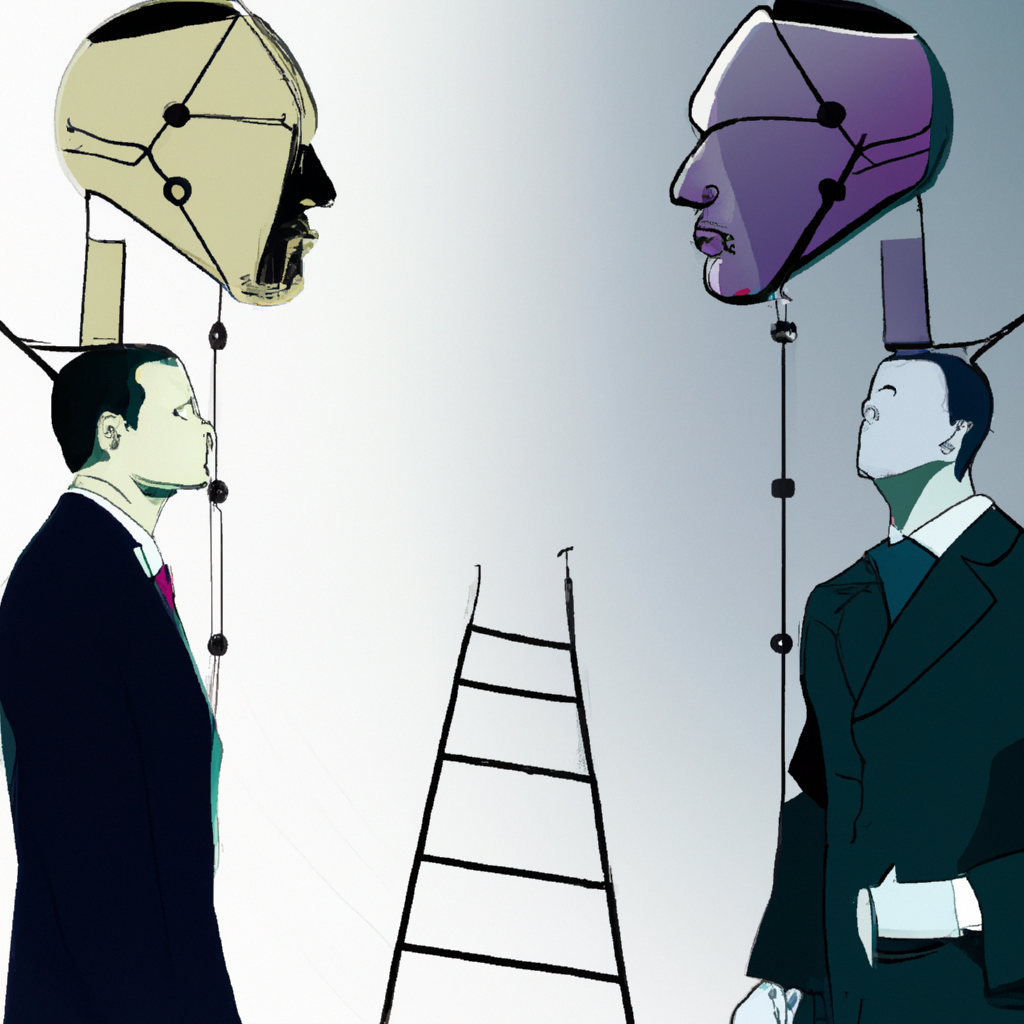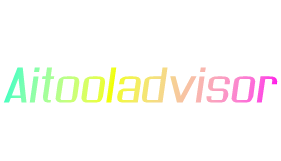-
Table of Contents
“Unlock the Potential of AI: Embrace the Ethics of Responsibility”
Introduction
The Ethics of AI is a complex and ever-evolving topic. As Artificial Intelligence (AI) technology continues to advance, it is important to consider the ethical implications of its use. AI has the potential to revolutionize many aspects of our lives, from healthcare to transportation, but it also raises questions about privacy, safety, and fairness. This article will explore the ethical considerations of AI, from the need for responsible innovation to the potential for misuse. It will also discuss the importance of balancing innovation with responsibility, and how to ensure that AI is used ethically and responsibly.
Exploring the Impact of AI on Human Rights
AI has the potential to revolutionize the way we live, work, and interact with each other. But with this potential comes a responsibility to ensure that AI is used in a way that respects and upholds human rights. In this article, we’ll explore the impact of AI on human rights and how we can ensure that AI is used responsibly.
First, let’s look at how AI can be used to infringe on human rights. AI can be used to monitor people’s activities, track their movements, and even target them with personalized ads. This can lead to a lack of privacy and autonomy, as well as a lack of freedom of expression. AI can also be used to discriminate against certain groups of people, such as those with disabilities or those from certain racial or ethnic backgrounds.
On the other hand, AI can also be used to protect and promote human rights. AI can be used to detect and prevent human rights violations, such as those related to labor rights or freedom of expression. AI can also be used to identify and address systemic discrimination, such as gender or racial bias.
Finally, it’s important to consider the ethical implications of using AI. AI should be used in a way that respects human dignity and autonomy, and that does not lead to any form of exploitation or discrimination. It’s also important to ensure that AI is used responsibly and that its use is transparent and accountable.
In conclusion, AI has the potential to both infringe on and protect human rights. It’s important to ensure that AI is used responsibly and ethically, and that its use is transparent and accountable. By doing so, we can ensure that AI is used in a way that respects and upholds human rights.
The Role of Government in Regulating AI
The role of government in regulating artificial intelligence (AI) is an important one. AI has the potential to revolutionize many aspects of our lives, from healthcare to transportation, and it is essential that governments ensure that AI is used responsibly and ethically.
Governments have a responsibility to ensure that AI is used in a way that is beneficial to society. This means that governments must create regulations that protect people from potential harms caused by AI, such as privacy violations, discrimination, and job displacement. Governments must also ensure that AI is used in a way that is fair and equitable, and that it does not create an unfair advantage for certain groups or individuals.
In addition to creating regulations, governments must also ensure that AI is developed responsibly. This means that governments must ensure that AI is developed in a way that is transparent and accountable, and that it is developed with the safety and security of people in mind. Governments must also ensure that AI is developed in a way that is respectful of human rights and that it does not lead to the exploitation of people or resources.
Finally, governments must ensure that AI is used responsibly and ethically. This means that governments must ensure that AI is used in a way that is respectful of human rights and that it does not lead to the exploitation of people or resources. Governments must also ensure that AI is used in a way that is fair and equitable, and that it does not create an unfair advantage for certain groups or individuals.
Overall, the role of government in regulating AI is an important one. Governments must ensure that AI is used responsibly and ethically, and that it is developed in a way that is transparent and accountable. By doing so, governments can ensure that AI is used in a way that is beneficial to society and that it does not lead to the exploitation of people or resources.
The Need for Transparency in AI Development
As Artificial Intelligence (AI) continues to become more and more prevalent in our lives, it is important to ensure that its development is transparent and accountable. AI has the potential to revolutionize many aspects of our lives, from healthcare to transportation, but it is also capable of making decisions that can have serious consequences. For this reason, it is essential that the development of AI is done in a way that is open and transparent.
Transparency in AI development is important for a number of reasons. First, it helps to ensure that the technology is being developed responsibly and ethically. AI systems are often used to make decisions that can have a significant impact on people’s lives, and it is important that these decisions are made in a way that is fair and equitable. Transparency also helps to ensure that the technology is being developed in a way that is safe and secure. AI systems can be vulnerable to malicious actors, and it is important that developers are aware of potential security risks and are taking steps to mitigate them.
Transparency also helps to ensure that AI systems are being developed in a way that is accountable. AI systems are often used to make decisions that can have a significant impact on people’s lives, and it is important that these decisions are made in a way that is accountable and can be explained. Transparency helps to ensure that developers are held accountable for the decisions that their AI systems make, and that any potential issues can be identified and addressed quickly.
Finally, transparency in AI development helps to ensure that the technology is being developed in a way that is accessible and inclusive. AI systems can be used to make decisions that can have a significant impact on people’s lives, and it is important that these decisions are made in a way that is accessible and inclusive. Transparency helps to ensure that AI systems are being developed in a way that takes into account the needs of all users, regardless of their background or circumstances.
In conclusion, transparency in AI development is essential for ensuring that the technology is being developed responsibly, ethically, safely, securely, and inclusively. It is important that developers are held accountable for the decisions that their AI systems make, and that any potential issues can be identified and addressed quickly. Transparency helps to ensure that AI systems are being developed in a way that is accessible and inclusive, and that the technology is being developed in a way that takes into account the needs of all users.
The Potential for AI to Create Unintended Consequences
As artificial intelligence (AI) continues to become more and more advanced, it is important to consider the potential for AI to create unintended consequences. AI is a powerful tool that can be used to automate processes, make decisions, and even create new products and services. However, it is important to remember that AI is not perfect and can make mistakes.
One potential consequence of AI is that it can lead to biased decisions. AI systems are often trained on data sets that contain biases, which can lead to decisions that are unfair or discriminatory. For example, an AI system trained on a data set that contains gender or racial biases could lead to decisions that are biased against certain groups of people.
Another potential consequence of AI is that it can lead to job losses. As AI systems become more advanced, they can take over tasks that were previously done by humans. This could lead to job losses in certain industries, as AI systems become more efficient and cost-effective than human labor.
Finally, AI can also lead to privacy concerns. AI systems can collect and analyze large amounts of data, which can be used to make decisions about people without their knowledge or consent. This could lead to decisions that are not in the best interest of the individual, or that violate their privacy.
It is important to consider the potential for AI to create unintended consequences. By understanding the potential risks associated with AI, we can take steps to mitigate them and ensure that AI is used responsibly.
The Challenges of Ensuring Ethical AI Development Practices
As artificial intelligence (AI) continues to become more prevalent in our lives, it is important to ensure that ethical development practices are followed. AI has the potential to revolutionize many aspects of our lives, from healthcare to transportation, but it also has the potential to cause harm if not developed responsibly. Here are some of the challenges of ensuring ethical AI development practices.
First, AI development is often done by large companies with limited oversight. This means that there is a risk of unethical practices being used without anyone noticing. Companies need to be held accountable for their AI development practices and should be required to adhere to ethical standards.
Second, AI development is often done by teams of people with different backgrounds and perspectives. This can lead to disagreements about what is ethical and what is not. It is important for teams to have a clear understanding of ethical principles and to be able to discuss and debate them in order to ensure that ethical practices are followed.
Third, AI development is often done by teams with limited resources. This can lead to shortcuts being taken in order to meet deadlines or reduce costs. It is important for teams to have the resources they need to develop AI responsibly and ethically.
Finally, AI development is often done by teams with limited understanding of the potential implications of their work. It is important for teams to understand the potential risks and benefits of their work and to consider the ethical implications of their decisions.
Ensuring ethical AI development practices is a complex challenge, but it is one that must be addressed in order to ensure that AI is used responsibly and ethically. Companies need to be held accountable for their AI development practices, teams need to have a clear understanding of ethical principles, and teams need to have the resources they need to develop AI responsibly. By addressing these challenges, we can ensure that AI is used for the benefit of all.
Conclusion
The Ethics of AI is a complex and ever-evolving issue that requires careful consideration and thoughtful dialogue. As AI technology continues to advance, it is essential that we strive to ensure that the benefits of AI are balanced with the responsibility to protect the rights and safety of individuals. We must continue to develop ethical frameworks and guidelines to ensure that AI is used responsibly and ethically, and that its potential is maximized for the benefit of all.





